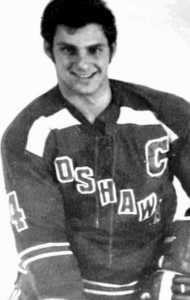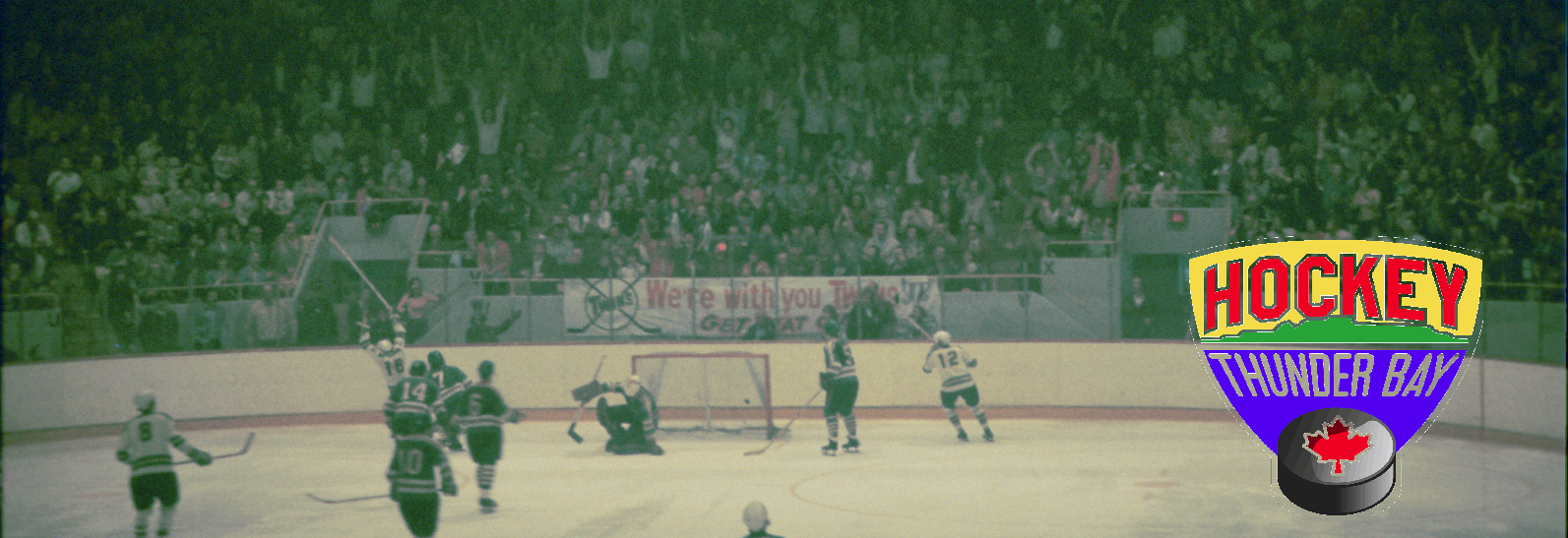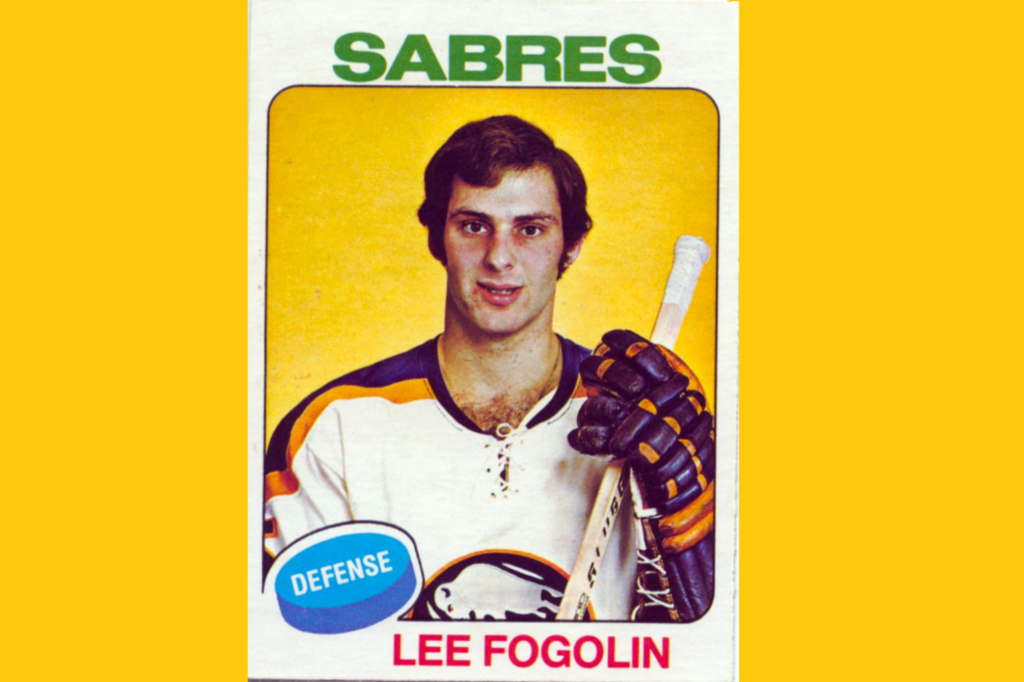
FROM his early days playing minor hockey in Port Arthur, it was pretty evident to those watching that Lee Fogolin Jr., would follow his father’s footsteps and play in the National Hockey League.
Born in Chicago back in February of 1955, while dad Lidio (Lee Sr.) was toiling in the NHL with the Blackhawks, the younger Fogolin would grow up in Current River and quickly begin making his own mark on the ice.
Still just in his early teens, he earned a spot playing defence for the fabled Port Arthur Marr’s junior side under the legendary Albert (Ab) Cava.
Eventually the Marr’s morphed into the popular Vulcans team for the 1971-72 campaign.
That squad was synonymous with local hockey back in the day, being built with a staple featured by Lakehead clubs, boasting a solid mix of both skill and toughness.
So good were the Vulcans, their line-up featured a line-up of eventual NHLers, like Fogolin, Dennis Owchar, Danny Gruen and Rick Adduono.
Add in fabled skaters who boasted a rough and tumble style to their game, like Bill Goldthorpe and Willie Trognitz, they were not a team to mess around with.
Add in the likes of Bill McDonald, Bob DePeiro, Tom Milani and George Gwozdecky, the Vulcans could come away victorious in any manner dictated.
As for the younger Fogolin, who also played some games with the Thunder Bay Twins senior side, coached by his father, his prowess on the blueline garnered plenty of attention as he went on to be selected first overall by the Hamilton Red Wings in the 1972 Ontario Hockey Association Jr. A Draft.
the blueline garnered plenty of attention as he went on to be selected first overall by the Hamilton Red Wings in the 1972 Ontario Hockey Association Jr. A Draft.
However, he would never play a game with Hamilton, opting not to report to the Red Wings and in turn was dealt to the Oshawa Generals in October of that year in return for their captain, a goaltender and a high draft choice.
Making that deal for Oshawa was their general manager, Gus Bodnar, himself a Lakehead hockey legend.
So highly thought of by Bodnar, Fogolin, still just 17, went on to be named co-captain of the Generals in his rookie season with another player from Thunder Bay, Nelson Pyatt.
Wearing the ‘C’ by himself during Year 2 in the OHA, Fogolin went on to play 102 games with Oshawa, collecting 51 points from the back-end, while playing steadfast defence and amassing 240 penalty minutes.
His efforts caught the attention of scouts and he saw himself taken by the Buffalo Sabres in the first round, 11th overall, in the 1974 NHL Draft.
Cracking the Sabres’ roster that fall, Fogolin made his NHL debut on October 10, in a 9-5 home win over Boston.
A week later his initial NHL tally was notched with a power play blast during a 6-1 triumph over the California Golden Seals.
Collecting his opening assist happened after he helped set-up Gilbert Perreault as part of a 4-0 shutout victory over the Atlanta Flames.
His rookie year also saw him be part of the Buffalo squad that advanced all the way to the Stanley Cup final against the Philadelphia Flyers, where they fell in six games.
In all, Fogolin spent five seasons with the Sabres and was a solid defender through 338 match-ups that saw him score eight times and assist on 70 others.
Being born in Illinois, this allowed him the opportunity to be chosen to play for Team USA at the 1976 Canada Cup where he saw action on two contests, including against a formidable Canadian contingent that went on to win and featured an impressive 18 future Hockey Hall of Fame inductees on their team.
Moving on, Fogolin’s time came to a close in 1979 when he was chosen by the Edmonton Oilers, who were one of four World Hockey Association franchises that were set to join the NHL.
He proved to be one of the shrewdest selections made by the Oilers as he went on to help stabilize their roster in an extensive leadership capacity.
Next week: Part II on Lee Fogolin Jr., and his time in Edmonton that featured a pair of Stanley Cup victories.

